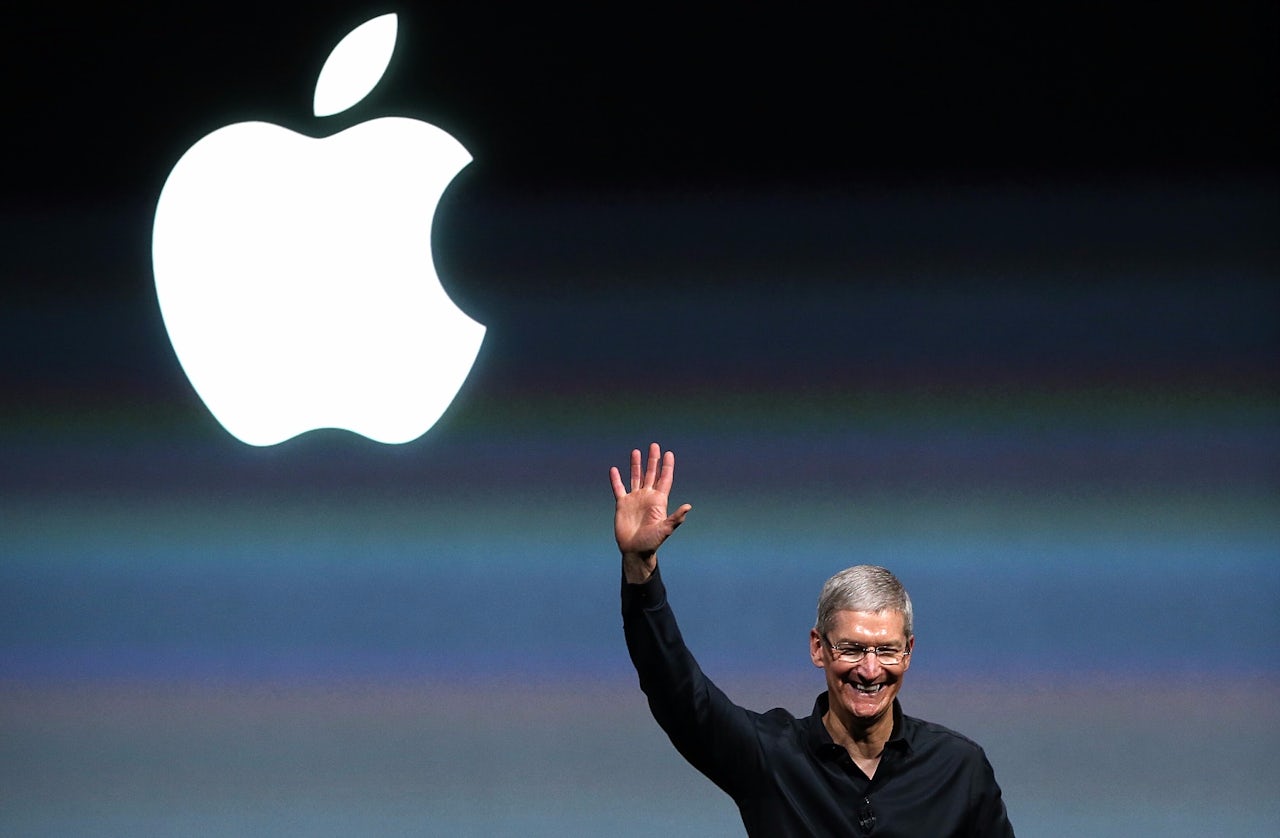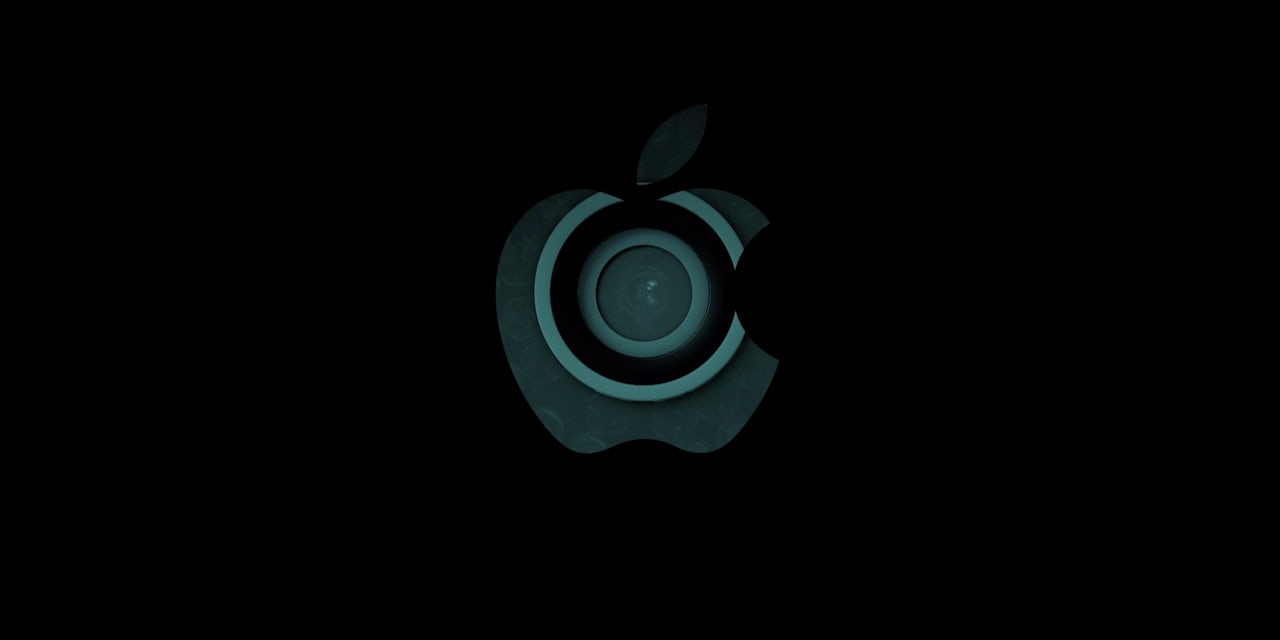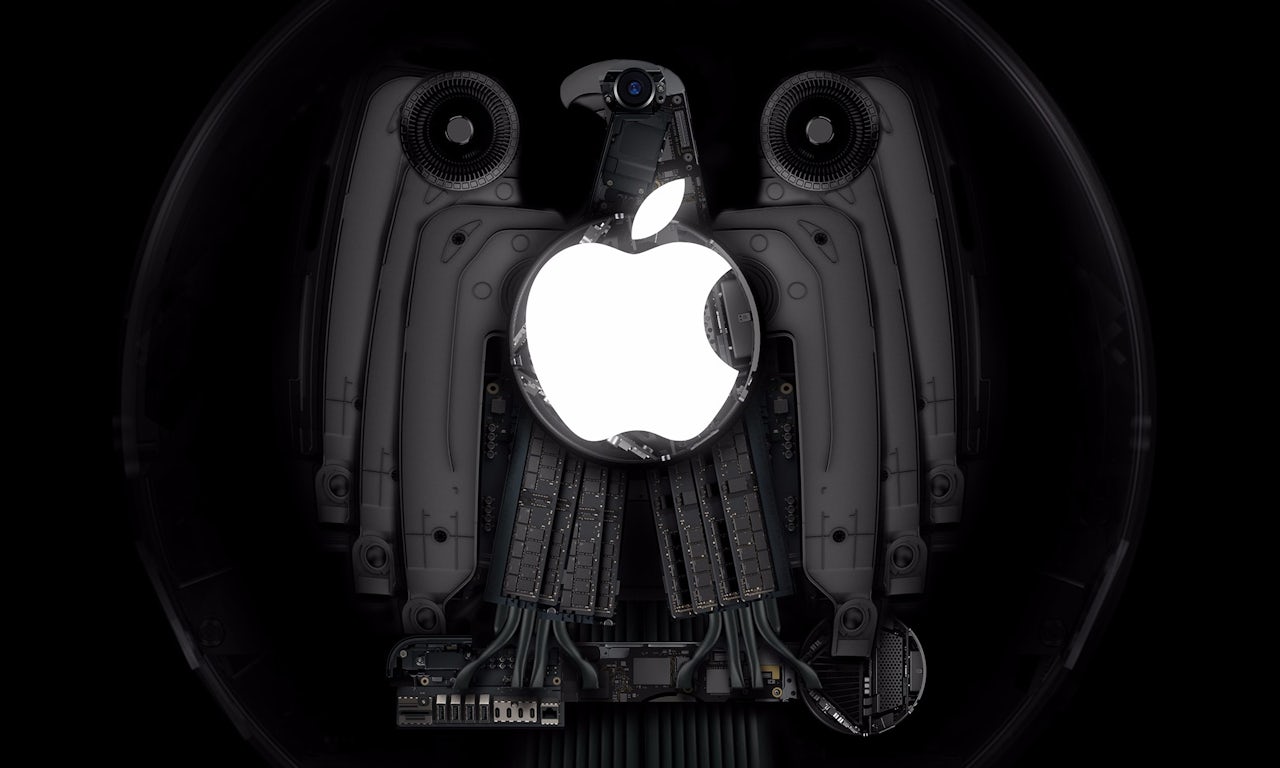This weekend, Apple’s finely-tuned secrecy infrastructure failed spectacularly as the company suffered its biggest product information leak since an employee left a prototype iPhone 4 in a bar in 2010 that ended up in the hands of tech blog Gizmodo.
The final build of Apple’s latest operating system, which included details about the next iPhone’s hardware specifications and a new Apple Watch, was leaked to Apple blogs 9To5Mac and MacRumors just four days ahead of the event where Apple was scheduled to announce its newest iPhone.
Apple’s obsession with secrecy has always been borderline comical in its cultishness. The company tells its employees not to talk to their spouses about what they’re working on and to use a “built-in relationship monitor,” in the words of Director of Global Security David Rice, in order to avoid accidental disclosures to friends. But this secrecy-mania is even weirder given that details about Apple’s products seem to keep escaping anyway. “It's been a long time since Apple had a real big surprise at an event,” Seth Weintraub, founder and publisher of 9To5Mac, told The Outline. “I almost have to go back to the original iPhone to think about something that totally blew me away.”
Even information about leaks is leaking. Earlier this summer, Apple held a meeting at one of its California campuses in which members of its Global Security and Worldwide Investigations teams explained to employees why they shouldn’t leak information to the press. A recording of that meeting was promptly leaked to The Outline.
It’s not just Apple enforcing this culture of secrecy. Others outside the company, including some in the tech press, will side with the world’s most valuable company and decry those who leak. “The least amount of heretofore unknown information that was going to come out of this leak was massive, and whoever leaked it knew that,” the blogger John Gruber, who gets rare access to do interviews with Apple executives, wrote this weekend. “That person should be ashamed of themselves, and should be very worried when their phone next rings.” The managing editor of Apple blog iMore also bemoaned the leaks on Twitter even as her site published stories about them.
I feel rather badly for the Apple folks who no longer have a weekend and engineers who don’t get to enjoy their reveal thanks to leakers.
— Serenity Caldwell (@settern) September 9, 2017
Gruber is probably referring to Apple’s Worldwide Investigations team, which looks into leaks after they happen. That team, along with Apple’s Global Security team, which aims to stop leaks before they happen, includes staffers from U.S. intelligence agencies and the Department of Justice. “[Gruber] is kind of channeling the company he's supposed to be covering,” Weintraub said. “We see a lot of our competitors kissing up to Apple, complaining about when there's leaks. When I see people doing that, I want to punch them in the face.”
We talked about Apple leaks on our daily podcast, The Outline World Dispatch. Subscribe on Apple Podcasts or wherever you listen.
What is the point of all of this? At Apple, senior employees tasked with perpetuating the anti-leak gospel will tell employees it’s about maintaining a common catchphrase at the company: “surprise and delight.”
“Surprise and delight [is] when we announce a product to the world that hasn’t leaked,” Jenny Hubbert who works on Apple’s Global Security communications and training team, told employees at a presentation titled ‘Stopping Leaks - Keeping Confidential at Apple.’ “It’s incredibly impactful, in a really positive way. It’s our DNA. It’s our brand. But when leaks get out, that’s even more impactful. It’s a direct hit to all of us.”
Apple CEO Tim Cook believes leaks directly hurt Apple’s bottom line. In May, he blamed flagging iPhone sales on “earlier and much more frequent reports about future iPhones.” This is odd given that Apple has released a new iPhone in the fall every year since 2011. Consumers making the choice to delay their purchase would have known there would be a new one coming out regardless of leaks.
If all of this stuff is going to leak anyway, as it has since 2012, what’s the point of creating a culture of fear? Apple isn’t protecting state secrets, and nobody will live or die if Bloomberg reports that the next iPhone will have an OLED screen. There’s also reason to believe that Apple’s famed secrecy is backfiring in some ways, as its scientists have historically been prevented from publishing their research and sharing at conferences. “Apple is ramping up AI efforts, but the company’s reticence to publish its research is limiting its effectiveness and hiring,” wrote Bloomberg Businessweek. (In July, Apple launched its own machine learning blog in a step toward transparency.) These leaks are also of primary interest to the developers and accessory makers who create the complementary products that enhance the economy around Apple’s products. While it’s understandable that Apple wants to control the information around its product releases, maybe it’s time to stop subjecting its employees to an unhealthy culture of secrecy that has proven to be ineffective.
Contact the author at william@theoutline.com.


